Wellness
The latest Wellness breaking news, comment, reviews and features from the experts at T3
Explore Wellness
-
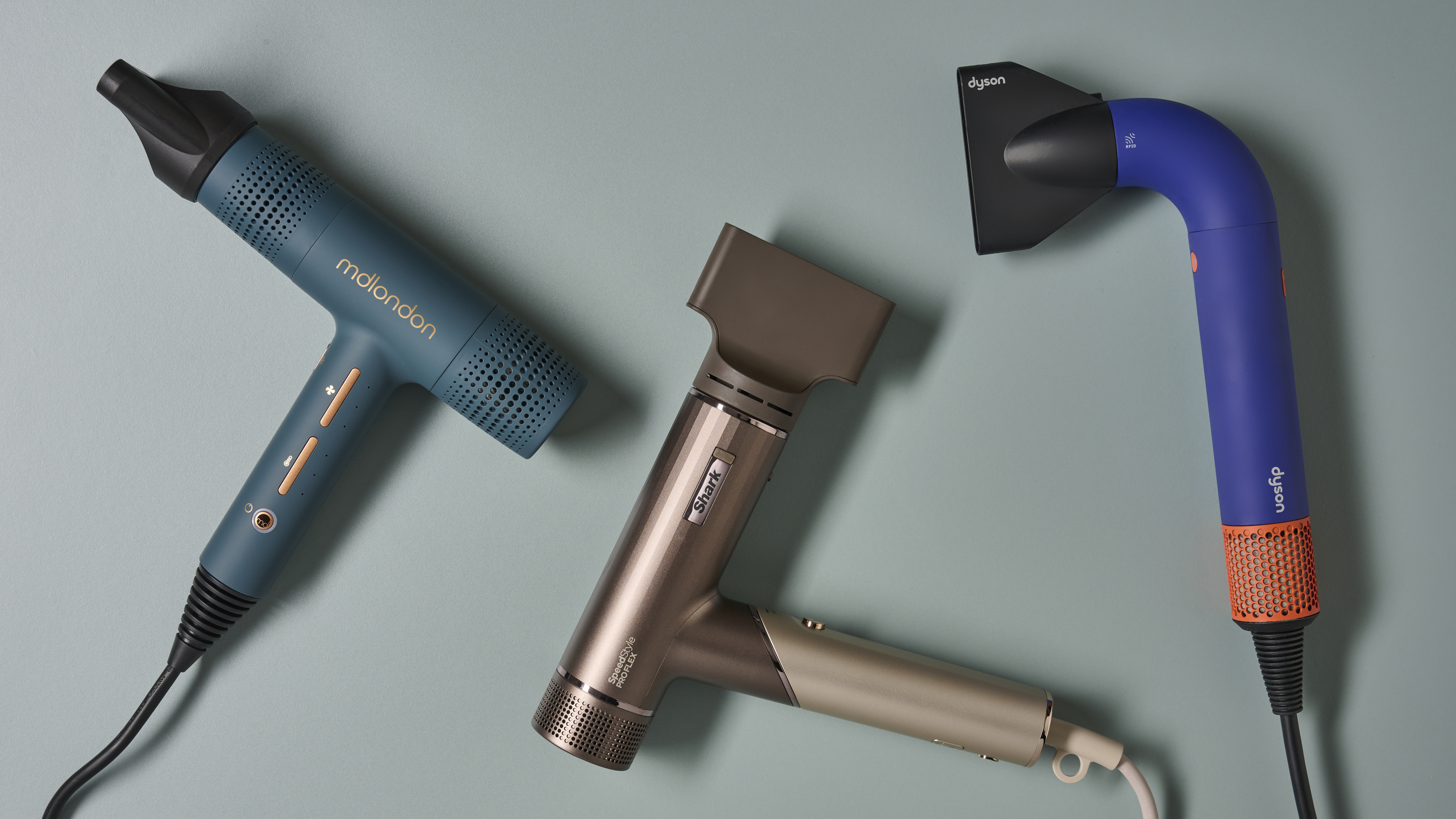
Best hair dryer 2025: quick and frizz-free drying for all hair types
Find our top picks from Dyson, Shark, ghd and more
By Lizzie Wilmot Last updated
-
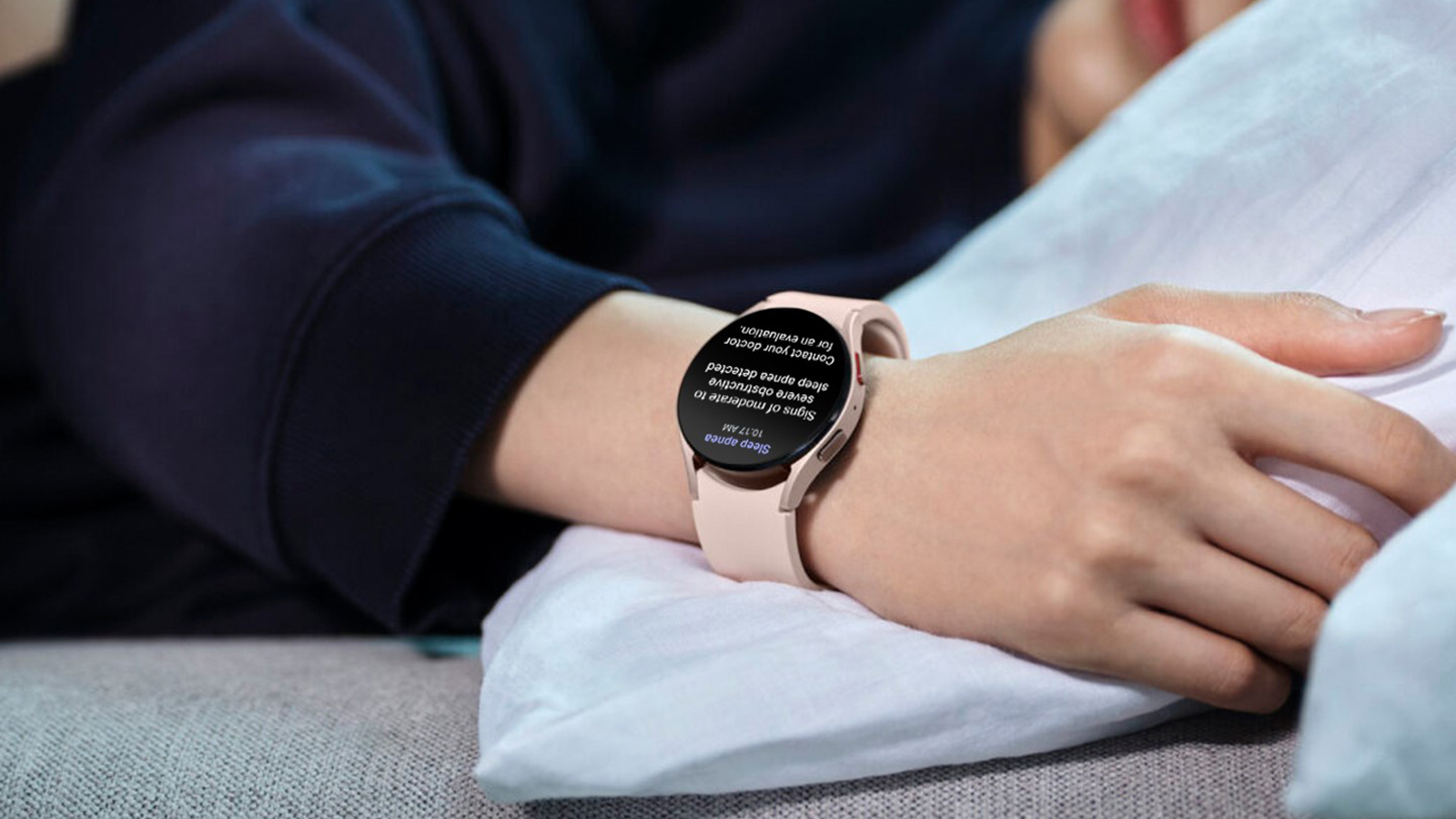
Do smart sleep gadgets actually improve your sleep? T3 investigates...
Sleep gadgets like Oura Ring 4 and the Withings Sleep Analyzer could help you get those eight hours per night
By Max Slater-Robins Published
-

I stayed in 5 hotels in 2 months – here’s how to get hotel-worthy bedding at home
7 hotel-inspired bedding tips to make your own bed just as cosy
By Bethan Girdler-Maslen Published
-

These two spring fragrances are all I need for the new season
They're my new go-to bottles
By Sam Cross Published
-

Gtech’s haircare debut starts strong with these new straighteners – I'm impressed
I've been excited to try these for a while
By Lizzie Wilmot Published
-

Best men’s fragrances and colognes 2025: find your signature scent or a meaningful gift
T3's top picks of the best men's fragrances, including classics from Hugo Boss, Tom Ford, Chanel and more
By Bethan Girdler-Maslen Last updated
-

Best mattress 2025: choose the comfiest mattress for you
Looking for the best mattress in the UK? T3 has reviewed memory foam, springs and hybrid mattresses to help you choose
By Bethan Girdler-Maslen Last updated
-
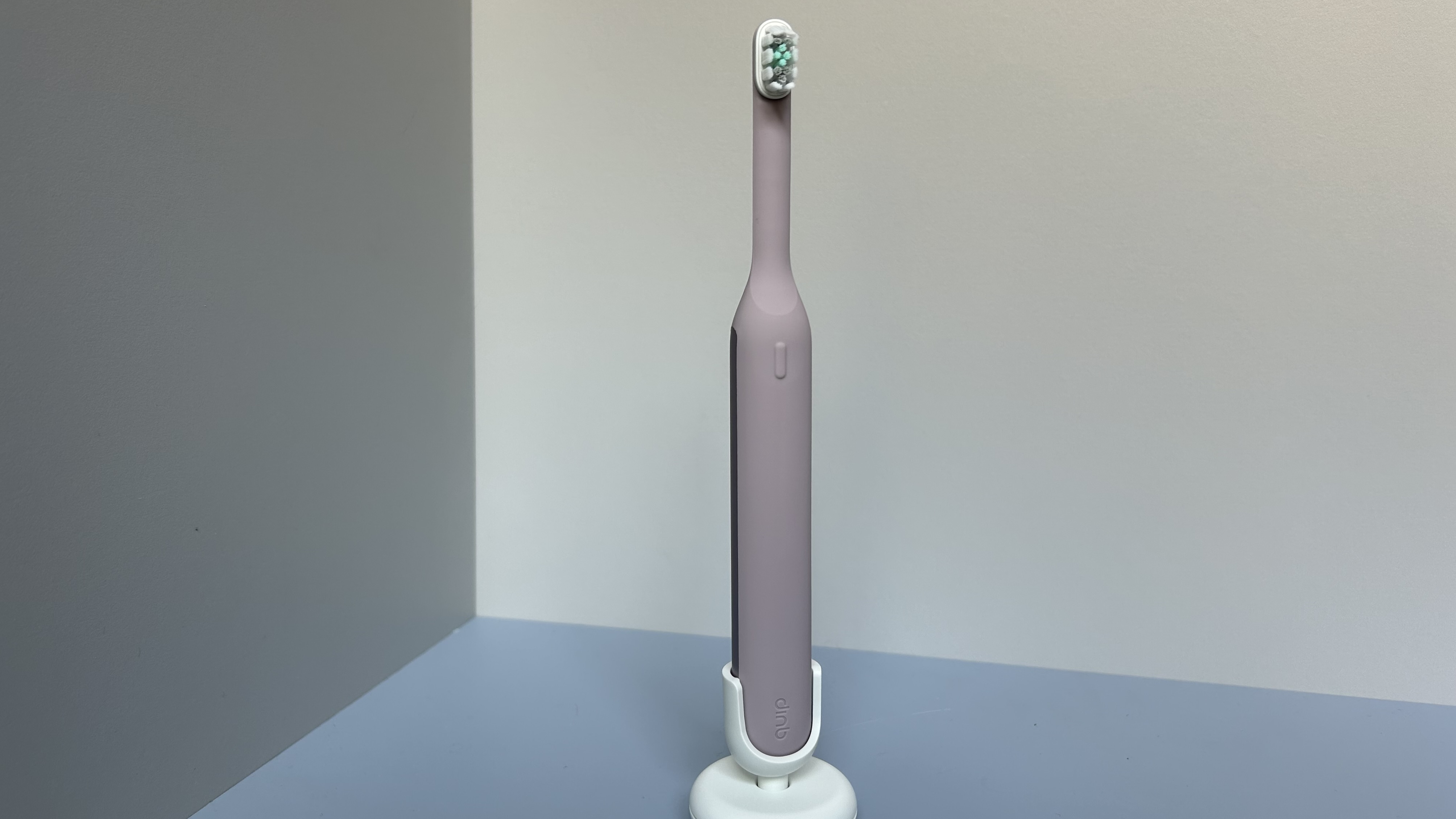
Quip's latest toothbrush blends smart features with a sleek design – it might be my new favourite
Consider the bar officially raised
By Lizzie Wilmot Published
-

I've tested DS & Durga Brown Flowers – it's killer spring scent for everyone
Just about the floweriest fragrance a fella could wear
By Sam Cross Published
-

Best cheap mattress deals for April 2025: browse sales from Emma, Simba, OTTY and more
Need to upgrade your sleep setup? Check out the best cheap mattress deals to shop now
By Bethan Girdler-Maslen Last updated
-

Simba mattress deals, sales and discount codes for April 2025: get the cheapest prices
The best Simba mattress deals is here to help you save money on a new Simba sleep set-up
By Bethan Girdler-Maslen Last updated
-

Panda London mattress sales, deals and discount codes for April 2025
Find the best prices on Panda London mattresses and bedding with our comprehensive deals guide
By Bethan Girdler-Maslen Last updated
-

OTTY mattress sales, deals and discount codes for April 2025
After an OTTY mattress deal? You're in luck, because right now there are major discounts across the full range
By Bethan Girdler-Maslen Last updated
-

Nectar mattress sales, deals and discount codes for April 2025
Looking for a Nectar mattress deal, discount code or freebie offer? Step this way...
By Bethan Girdler-Maslen Last updated
-

Eve sales, deals and discount codes for April 2025
Looking for an Eve deal or sale? Now is the time to shop, with up to 60% off & price drops on the whole range
By Bethan Girdler-Maslen Last updated
-

Emma mattress sales, deals and discount codes for April 2025: your guide to the best Emma sales
Looking for an Emma mattress deal? Find all the best Emma sales, deals and discount codes in this guide...
By Bethan Girdler-Maslen Last updated
-

DreamCloud sales, deals and discount codes for April 2025
After a DreamCloud deal or discount code for this month? We've found the best discounts for you, in both the UK and US
By Bethan Girdler-Maslen Last updated
-

Brook + Wilde sales, deals and discount codes for April 2025: up to 50% off now!
Find the best Brook + Wilde sales and deals for money off your next mattress and sleep accessory
By Bethan Girdler-Maslen Last updated
-

Philips Sonicare 7100 electric toothbrush review: next-level oral care or a pricey splurge?
It joins the Philips Sonicare lineup
By Lizzie Wilmot Last updated
-

12 Easter-inspired fragrances for men and women 2025, from Tom Ford, YSL, Mugler and more
From chocolate to apricots, here are T3’s top picks for Easter-inspired scents
By Bethan Girdler-Maslen Published
-

Best beard trimmer 2025: shavers for stubble, short and long beards
Find the best beard trimmers, clippers and shapers to maintain a well-tended beard or on-trend perma-stubble
By Bethan Girdler-Maslen Last updated
-
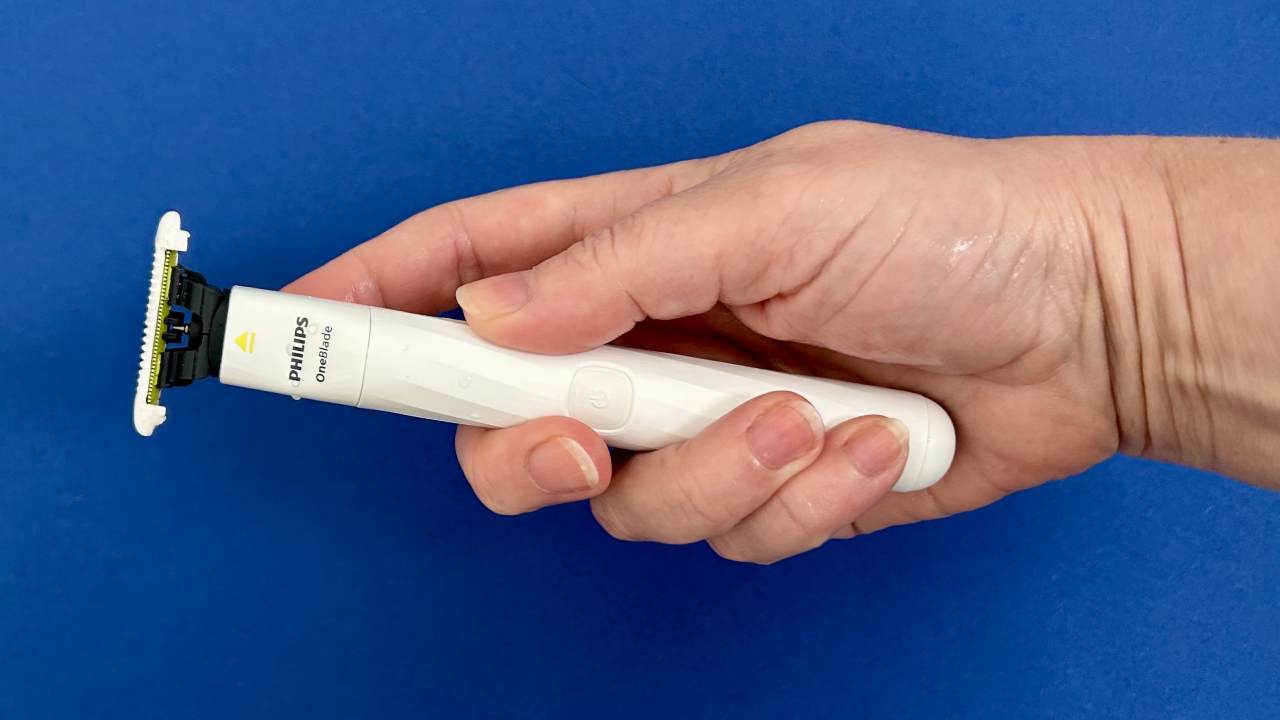
Philips OneBlade Intimate review: shave or trim sensitive areas without the irritation
I’m ditching disposable razors for good after trying this skin-friendly device
By Joanna Ebsworth Published
-
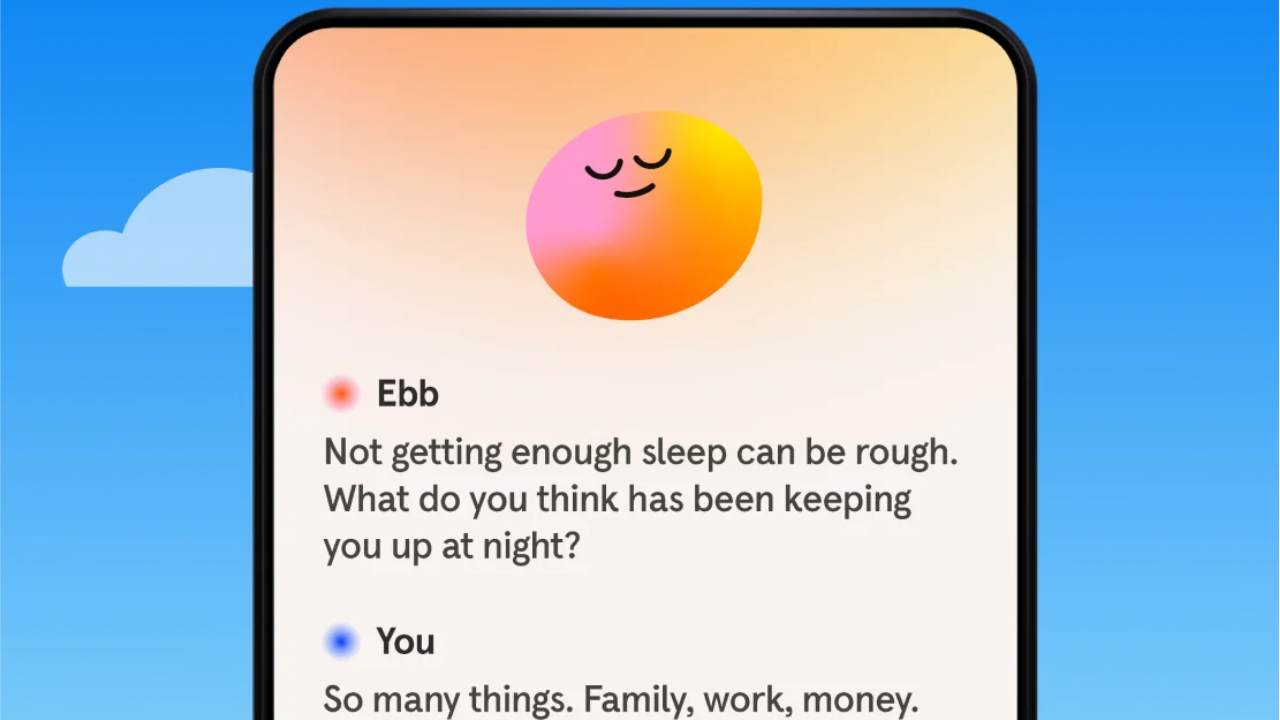
Headspace finally launches its Ebb AI companion in the UK – here’s how it works
UK users can finally use Ebb in the Headspace app
By Bethan Girdler-Maslen Published
-

If you buy anything in the Easter sales, pick this half price Eve hybrid mattress deal
Get 50% off Eve’s Wunderflip Premium Hybrid mattress in the spring sale
By Bethan Girdler-Maslen Published
-
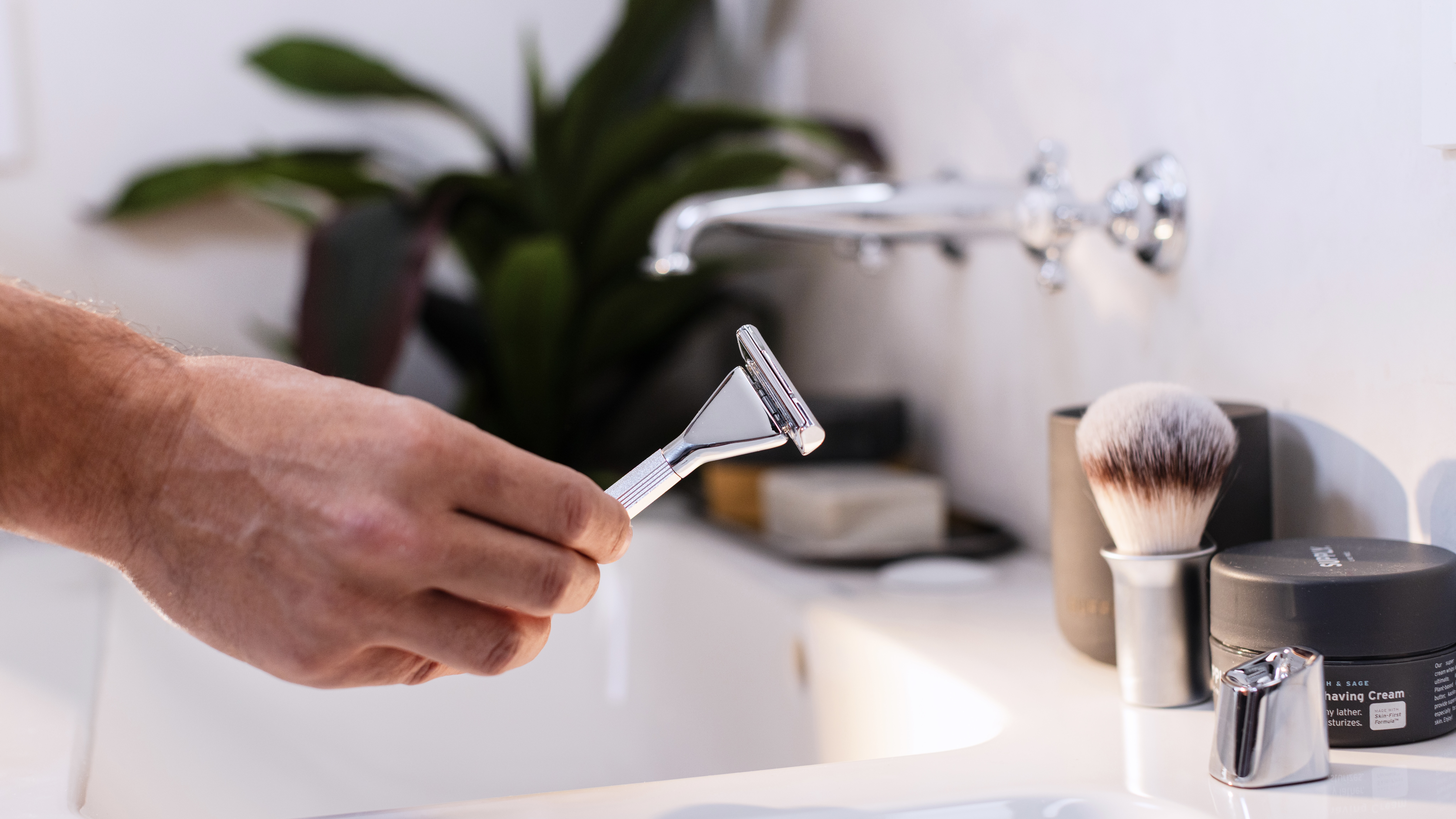
The future of clean shaving is here, and Supply’s new safety razor is setting the standard
It offers an incredibly close shave with fewer nicks and bumps
By Lizzie Wilmot Published
-
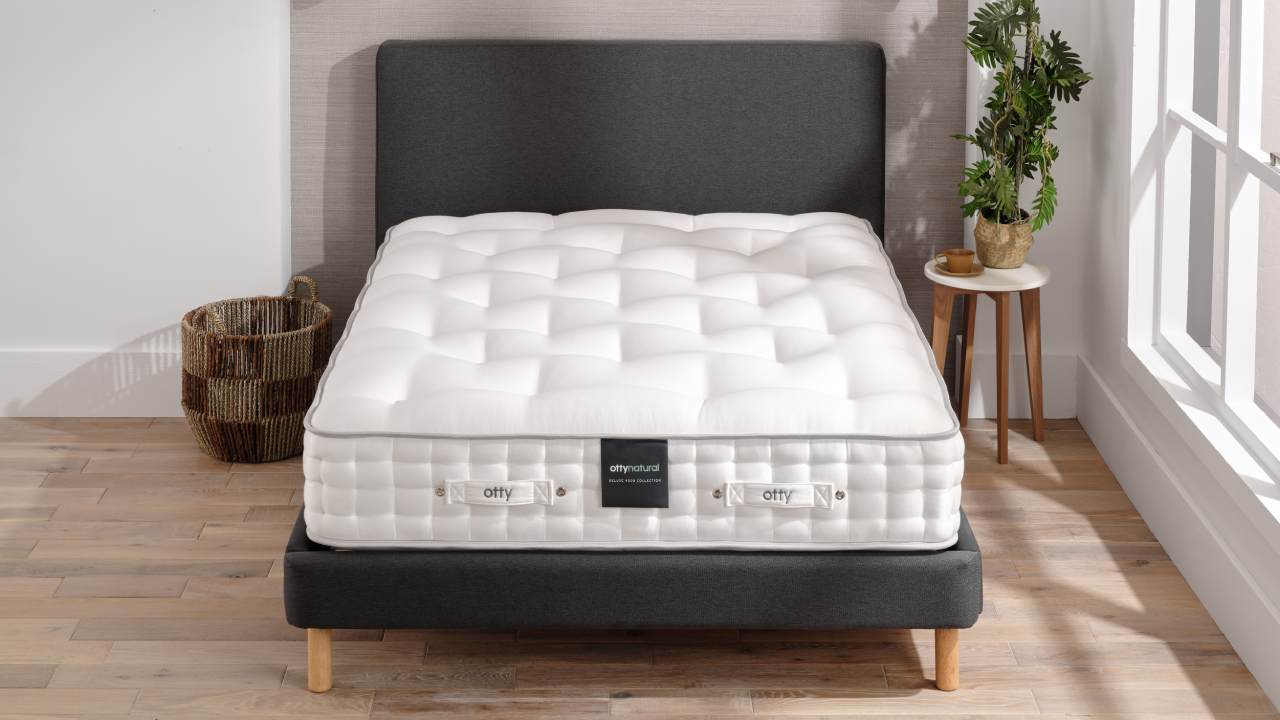
Otty’s new Natural collection shows off its most sustainable spring mattresses yet
Otty launches new Natural mattresses and the materials are seriously impressive
By Bethan Girdler-Maslen Published
-

I spent 6 weeks with the FoodMarble Aire 2: here’s what I learned about my gut health
I’ve been testing the clever breath-testing gadget with the companion app over several weeks to find out if it delivers on its promises
By Lee Bell Published
-

I've used Acqua di Parma Buongiorno – it's a killer compliment to your existing fragrance collection
This is a masterpiece in liquid form
By Sam Cross Published
-

Oil pulling is going viral on TikTok for stopping morning breath – but does it actually work?
4 hacks that prevent morning breath, according to a sleep expert
By Bethan Girdler-Maslen Published
